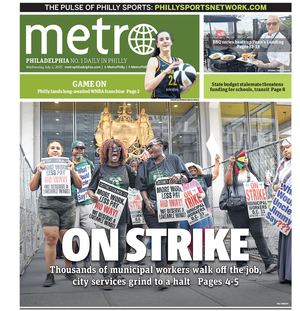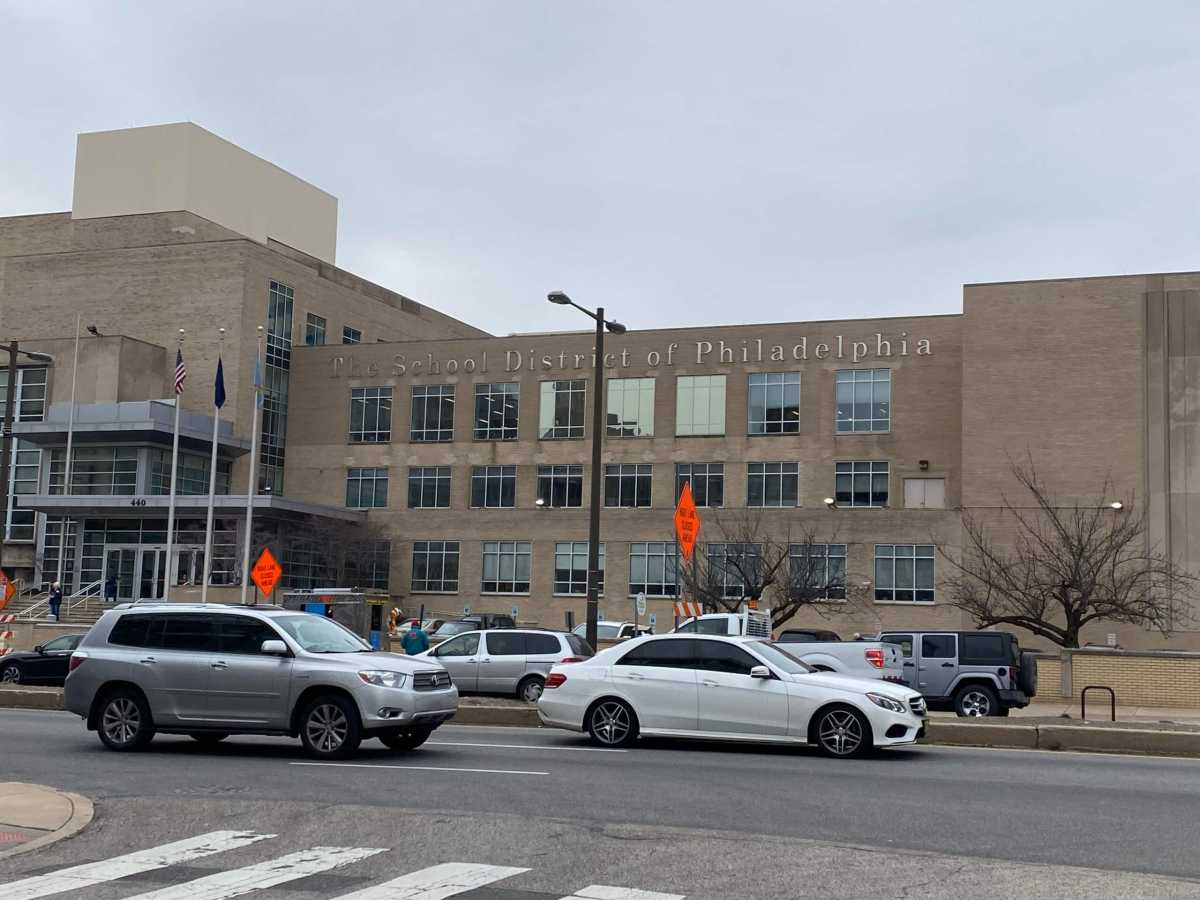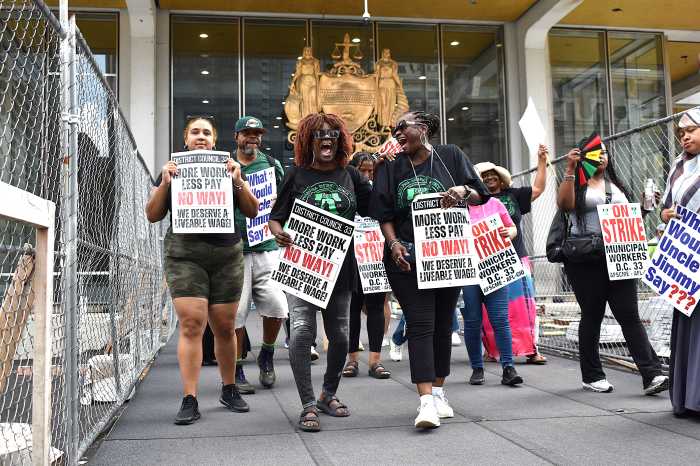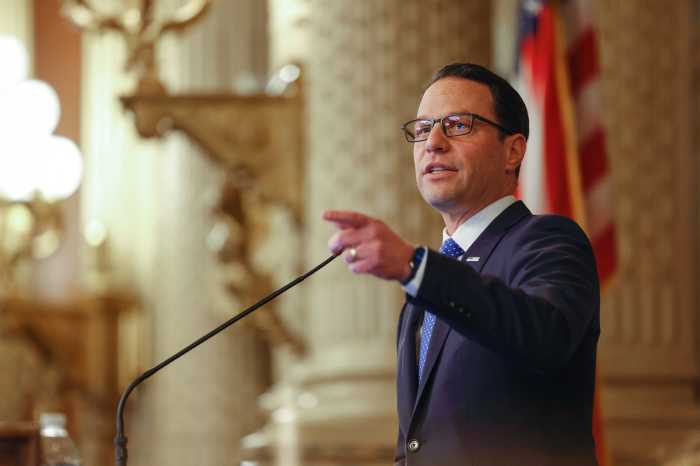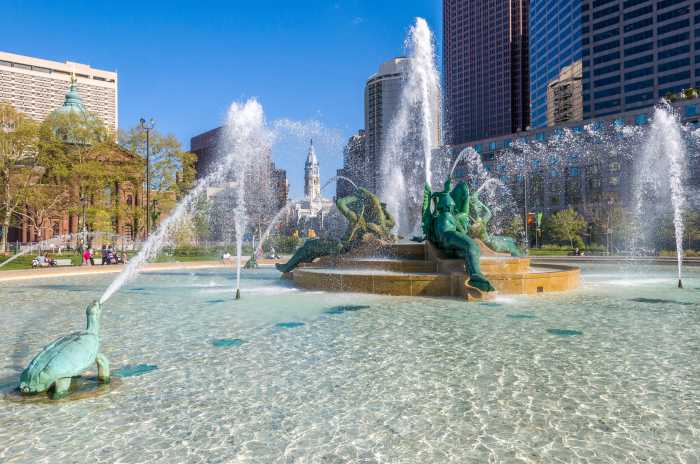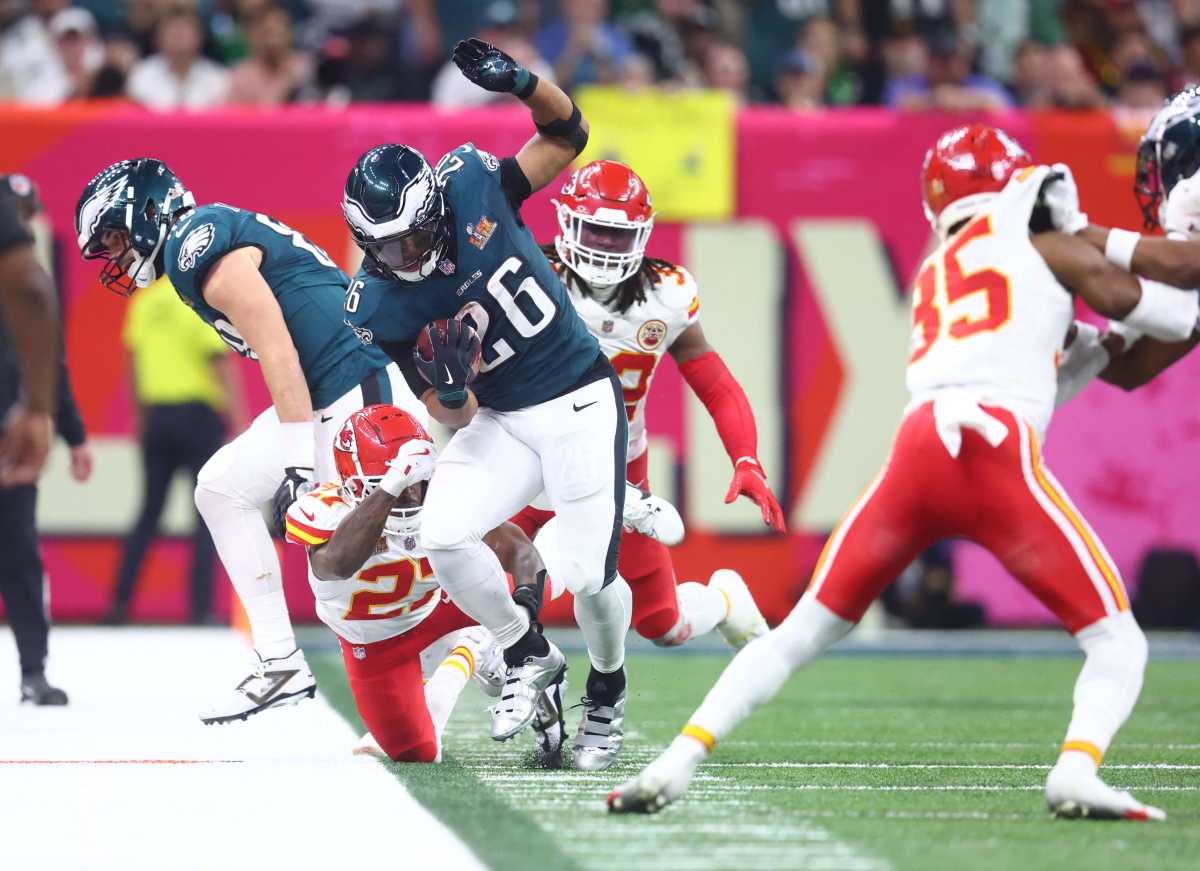Board of Education President Joyce Wilkerson called it a “nominal tax increase,” but it’s not so clear City Council feels the same way.
Mayor Jim Kenney’s budget proposal calls for a 3.95 percent property tax increase — about $60 a year for a home assessed at $150,000 — to help the School District of Philadelphia fix its budget crunch.
If the tax hike isn’t passed, the district could face a $38 million budget gap, in addition to a $200 million structural deficit, and be forced to make significant cuts.
“At this time, we need your support more than ever because we’re deeply concerned that the COVID crisis will lead to a fiscal future marked by structural deficits that are devastating to public education,” Wilkerson told Council during a virtual budget hearing Wednesday.
She suggested the current fiscal crisis could be worse than 2013, when massive state spending reductions led to a $300 million funding cut for the district.
Councilwoman Helen Gym, a well-known education advocate, said she was sent to City Hall as a response to those cuts. She said she hopes leaders learned their lesson.
“Austerity is a choice,” Gym said. “We are not helpless collateral damage to all of this. We are in charge. We are decision-makers.”
The tax increase has received a cold reception among her colleagues.
Council President Darrell Clarke questioned officials about the $38 million in cuts, which the district predicted it would have had to make prior to Kenney’s revised plan. He called the mayor’s proposal “draconian” and said difficult decisions would have to be made.
“At this particular time, the taxpayers are hurting,” Clarke said. “The simple reality is that the traditional go-to, i.e., our ability to stick our hands in the taxpayer’s pocket, is not the same this time around because a lot of those pockets are empty.”
Others, including council members David Oh, Allan Domb and Isaiah Thomas, have signaled reluctance or outright opposition to the tax hike.
“To ask for a property tax increase on top of numerous property tax increases and over-assessments in many cases is not something I would support,” Oh said.
Even with the bump from property tax revenue, the district is projecting an $823 million structural deficit over the next five years, which is better than the $1 billion deficit forecasted without it.
Uri Monson, the district’s chief financial officer, said the school system has identified $18 million worth of cuts at the district’s central office and is continuing to look at other reductions if city or state funding falls through.
The district’s budget plan works on the idea that the city will be mostly reopened by July 1 and factors in no additional money for labor negotiations, Monson said.
Officials are currently in talks with the Philadelphia Federation of Teachers and 32BJ SEIU, the two largest unions representing school workers. Both contracts expire this summer.
It’s also unclear whether students will return in September.
Superintendent William Hite said the district is looking at three possibilities: all students and staff coming back; a hybrid of in-person and remote learning; and all students and staff continuing online instruction.
The district will follow all state, city and Centers for Disease Control and Prevention guidelines in making a final decision, Hite said.
“We want to make sure we can get young people back into schools as quickly and as safely as possible,” he said.
Students and teachers will more than likely have to wear masks and practice social distancing, Hite said.
The superintendent also indicated students might be checked for a fever when they arrive at school. The district has already begun purchasing thermometers and is in the process of acquiring masks.
Since schools closed in mid-March, the district has distributed about 84,000 Chromebooks, though council members and others have expressed concerns about internet access.
Teachers, Hite said, are making themselves available to students virtually for three hours a day.
An online graduation ceremony for all high school seniors is scheduled for June 9, and officials are working to get caps and gowns out to students. Some high schools are planning in-person ceremonies once restrictions are lifted.
Hite said the district is launching a lobbying and advocacy campaign in Harrisburg on Thursday in an attempt to maintain state funding levels and push for federal dollars to be distributed to local school systems.
The Board of Education must pass its budget before the state and city and is expected to vote on it May 28. Council must approve a city budget by June 30.
